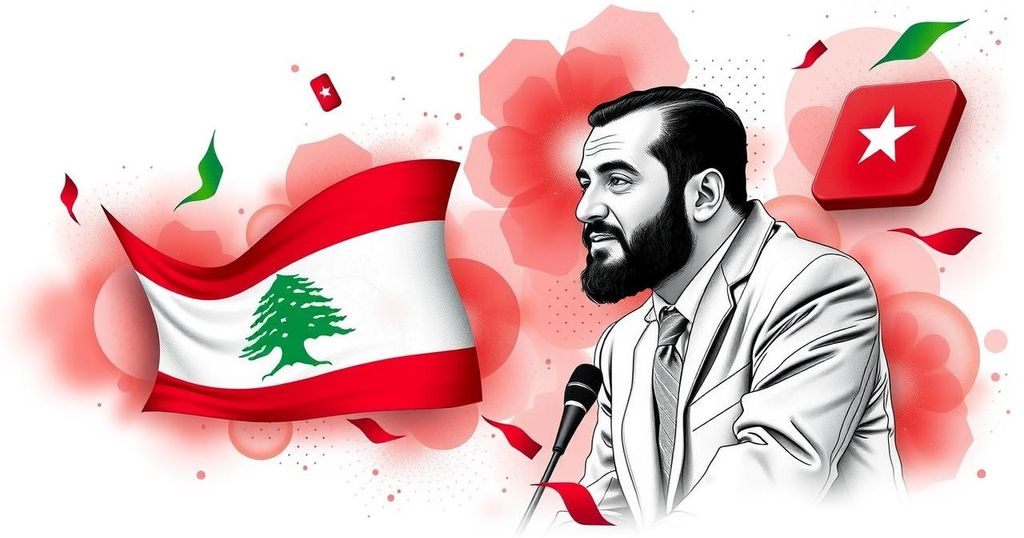Lebanon’s Parliament will attempt to elect a new president after two years of deadlock, following a ceasefire with Israel. The election could determine the country’s stability and influence of Hezbollah’s power amidst ongoing economic challenges and geopolitical shifts.
Lebanon is poised to elect a new president during its Parliament’s 13th meeting in over two years, following a difficult political impasse. The election, called by Speaker Nabih Berri, is considered critical amid hopes to implement a recent ceasefire agreement with Israel. Contenders include Joseph Aoun, the Lebanese Army commander endorsed by the U.S. but not intending to confront Hezbollah, and Jihad Azour, previously an IMF official. As Lebanon endures economic turmoil, the significance of a strong president to guide the nation toward political stability and potential international assistance cannot be understated.
The backdrop of Lebanon’s presidential election is characterized by significant political unrest, exacerbated by recent military confrontations with Israel and an ongoing economic crisis. The absence of a president since October 2022 has left the country governed by a caretaker government, paralyzing key functions at a time when international support is essential. This election not only represents a chance for better governance but also serves as a litmus test for Hezbollah’s influence following setbacks due to Israeli military actions and regional shifts in alliances, particularly with Saudi Arabia’s involvement.
The forthcoming presidential election in Lebanon represents a pivotal moment in the nation’s quest for stability. With potential candidates advocating for national unity and reform, the outcome will determine whether Lebanon can reclaim its sovereignty and secure crucial foreign aid. The election will also reveal the extent of Hezbollah’s waning influence amid current geopolitical dynamics and the pressing need for effective governance.
Original Source: www.jpost.com






